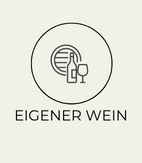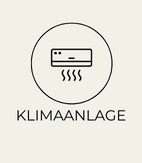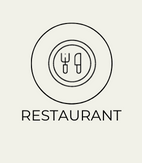Please fill in all required fields
Please check your details before making the final booking
After clicking on "Complete booking", your request will be sent to the winery/wine hotel. The booking is only confirmed once the hotel/winery has confirmed the reservation in writing.






Check In: from 2 pm
Check Out: until 11 am
An extensive breakfast is included. For lunch and dinner there is the new wine bar 1818, which offers delicious specialties from Thu.-Fri.: 17-23 o'clock. On Sat. (14:00 - 20:30) and Sun. (13:00 - 20:30) you will find delicacies in the wine lounge 1141.
Free Wi-FI available everywhere.
Parking spaces are available free of charge.
Pets are not allowed.
German, English, French
Extensive wine tasting in the vinotheque
Wine hike through the vineyards of the Rheingau
Bicycle tour
Guided tours of the winery and monastery at Eberbach Abbey
Sightseeing in Mainz and Wiesbaden
Sightseeing in the rose town of Eltville

Simply enter your details - we will immediately check whether the hotel is still available and send you information by e-mail very quickly. (within 24 hours)